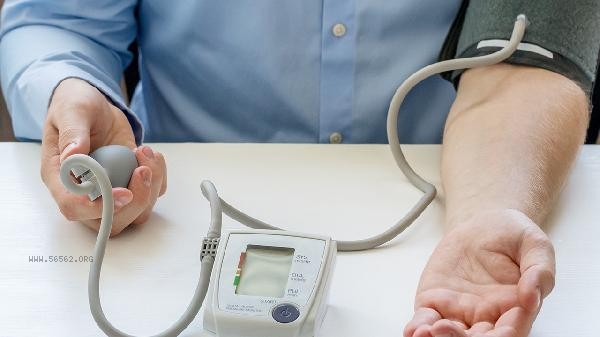Persistent hypotension may be caused by genetic, environmental factors, physiological changes, trauma, or underlying diseases, and lifestyle adjustments, medication treatment, or interventions targeting the cause should be taken according to the specific reasons.

1. Genetic factors. Some people may have naturally low blood pressure, which is related to family genetics. If there is a history of hypotension in the family, the probability of individuals experiencing persistent hypotension is higher. This type of situation usually does not require special treatment, but regular monitoring of blood pressure is necessary to ensure that it does not affect daily life.
2. Environmental factors. Long term exposure to high temperatures or high-altitude areas may lead to low blood pressure. High temperatures can cause blood vessels to dilate and result in relatively insufficient blood volume; On the plateau, due to the scarcity of oxygen, the body's adaptive adjustments may lead to low blood pressure. It is recommended to avoid prolonged exposure to extreme environments and replenish water and electrolytes appropriately.

3. Physiological changes. During pregnancy, changes in hormone levels in women's bodies may lead to a decrease in blood pressure, especially in the middle of pregnancy. Older people may also experience low blood pressure due to decreased vascular elasticity. For this type of situation, it can be improved by adjusting diet such as increasing salt intake and moderate exercise such as walking.
4. Trauma or blood loss. Severe trauma or massive blood loss can lead to a sharp decrease in blood volume, causing hypotension. In this case, immediate medical attention is required to replenish fluids or receive blood transfusions to restore blood volume, while also treating the primary injury.
5. Potential diseases. Some diseases, such as hypothyroidism, adrenal insufficiency, heart disease or infectious diseases, may cause persistent hypotension. Hypothyroidism can be treated by taking levothyroxine sodium tablets; Adrenal insufficiency requires supplementation of glucocorticoids; Heart diseases such as heart failure require the use of diuretics, ACE inhibitors, and other medications; Infectious diseases need to be treated against pathogens. Persistent hypotension may affect quality of life and even cause symptoms such as dizziness and fatigue. If the symptoms are severe or persist, it is recommended to seek medical attention as soon as possible and take targeted treatment after identifying the cause. In daily life, low blood pressure can be prevented and improved through balanced diet, moderate exercise, and maintaining sufficient sleep.










Comments (0)
Leave a Comment
No comments yet
Be the first to share your thoughts!